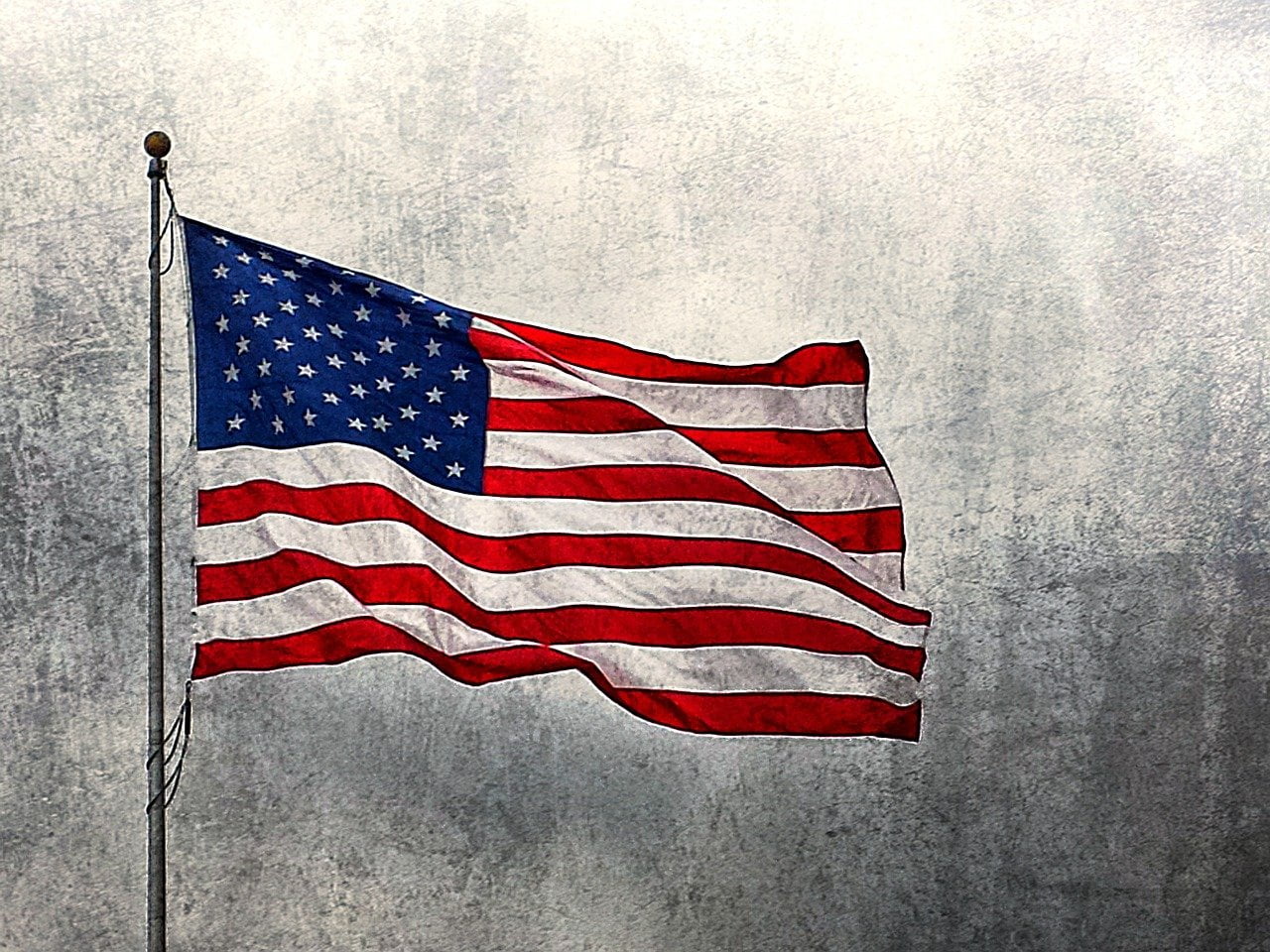Dr. Louis Perron has advised, coached, and consulted with more than a hundred politicians and candidates in several countries. Clients include everything from city councilors up to cabinet members, vice presidents and presidents. Here are some of the best campaign strategies from my best clients.
Q2 2021 hedge fund letters, conferences and more
The Six Best Election Campaign Strategies
-
Start Early
There are plenty of reasons why politicians are often hesitant to start campaigning early. They are caught up in day-to-day affairs, are unwilling to spend early money or think that the effect of early campaigning will be forgotten until election day. The truth is, however, that no candidate has ever lost an election because he started to plan too early. On the other hand, plenty of candidates and parties have lost because they started too late or started early doing the wrong thing.
-
Prioritize Message Over Money
One of the most common mistakes candidates make is to waste their money on campaign materials without a message. The power of a research-based message that is credible and that matches the political demand of the target audience is, however, often underestimated. The key is to have a winning campaign plan, an appealing message, and enough money to communicate and implement it. Money, however abundant, is not doing anything by itself. Or do you remember any tagline or ad from the presidential campaigns of Michael Bloomberg or Tom Steyer? They blew millions just a bit more than a year ago.
-
Don’t Rely On Early Or Unscientific Surveys
Surveys that are taken a long time before election day mostly reflect awareness. In that sense, an early lead is in no way a prediction, but can actually be a sweet poison putting campaigns to sleep. A typical beginners’ mistake is also to think that one can do his own survey or focus group. Campaigning is like walking in a labyrinth. If you take a wrong turn at the beginning (meaning: if you base your strategy on wrong data), everything that follows will be wrong as well.
-
Bank Heavily On Media And Paid Advertising
Nowadays, most campaigns are fought and won in the media. Paid advertising is an unwelcome guest. It allows a campaign to control the message and to influence and communicate with those voters who do not care much about politics, which are often the ones to decide the outcome of an election.
-
Discipline Wins Elections
Election campaigns are chaotic operations. Quite often, different wings of a campaign team fight each other, and the top candidate or party leader fails to establish and maintain internal order. Yet only he can do it and discipline is a key factor. A client once told me: “Louis, our campaign is a complete chaos. Let’s make it complete chaos where at least everybody is fighting the other side.”
-
Speed And Intensity Win Elections
Elections are like a one-day sale and therefore have a dynamic that is different from commercial campaigns (I regularly argue about this with PR and advertising companies). In electoral politics, everything is geared towards that one day, election day. As a result, speed and intensity are crucially important. Former French President François Mitterrand apparently used to say that France gives itself to the one who wants it the most. This is true for other countries as well.
About the Author
Dr. Louis Perron is a political scientist, consultant and TEDx speaker based in Switzerland. He is the author of the book "How to Overcome the Power of Incumbency in Election Campaigns."





